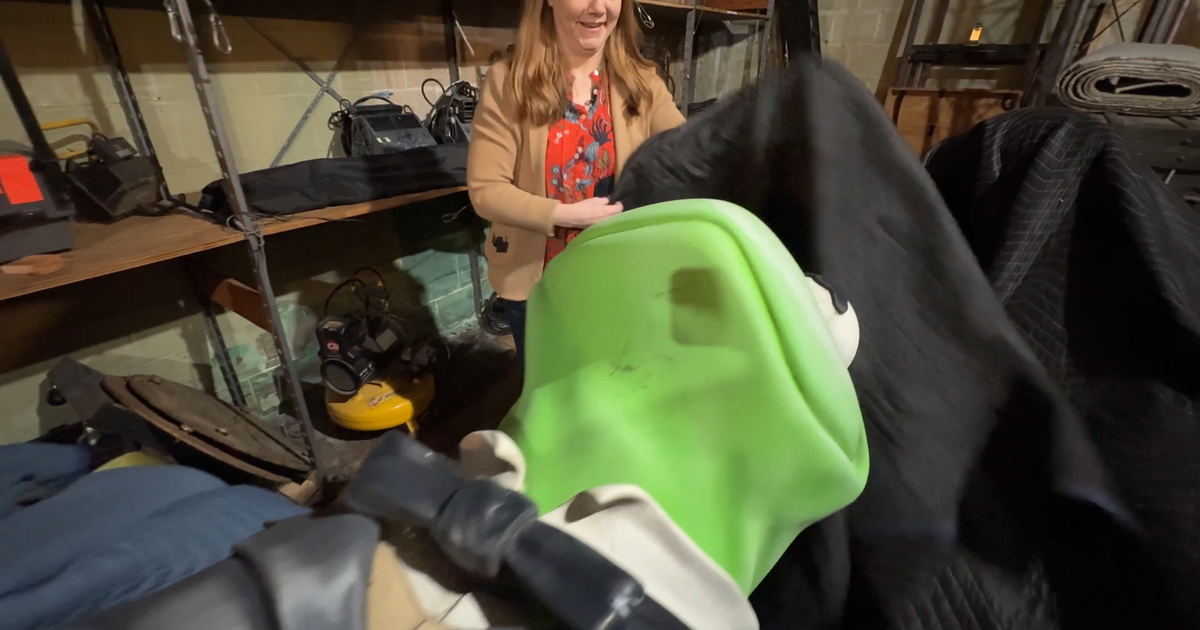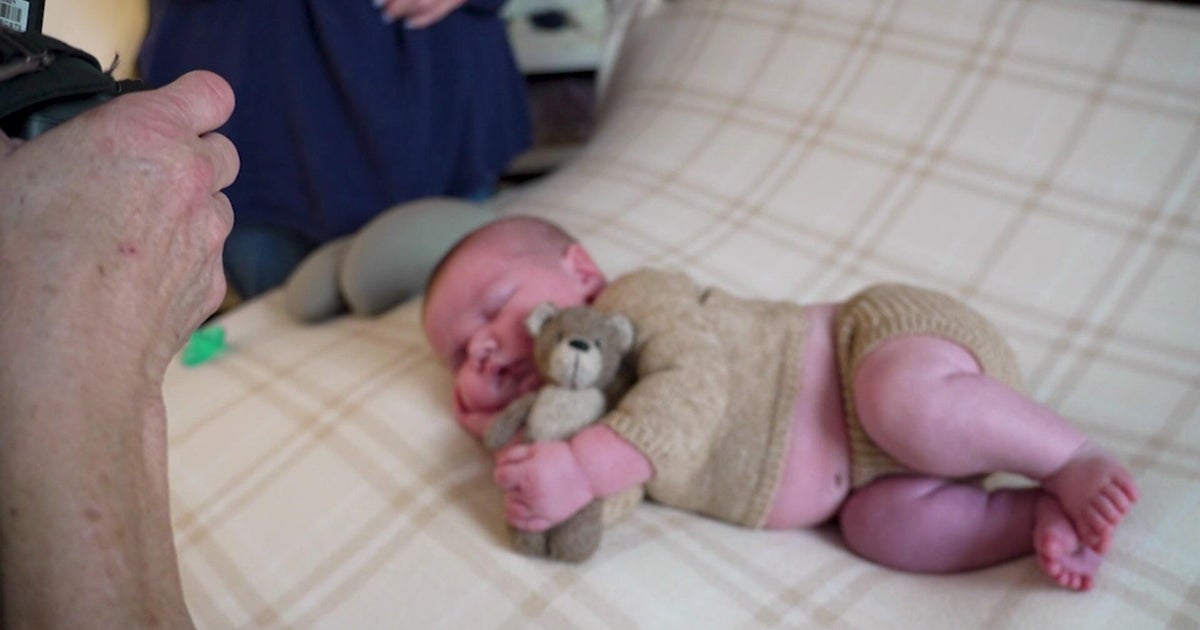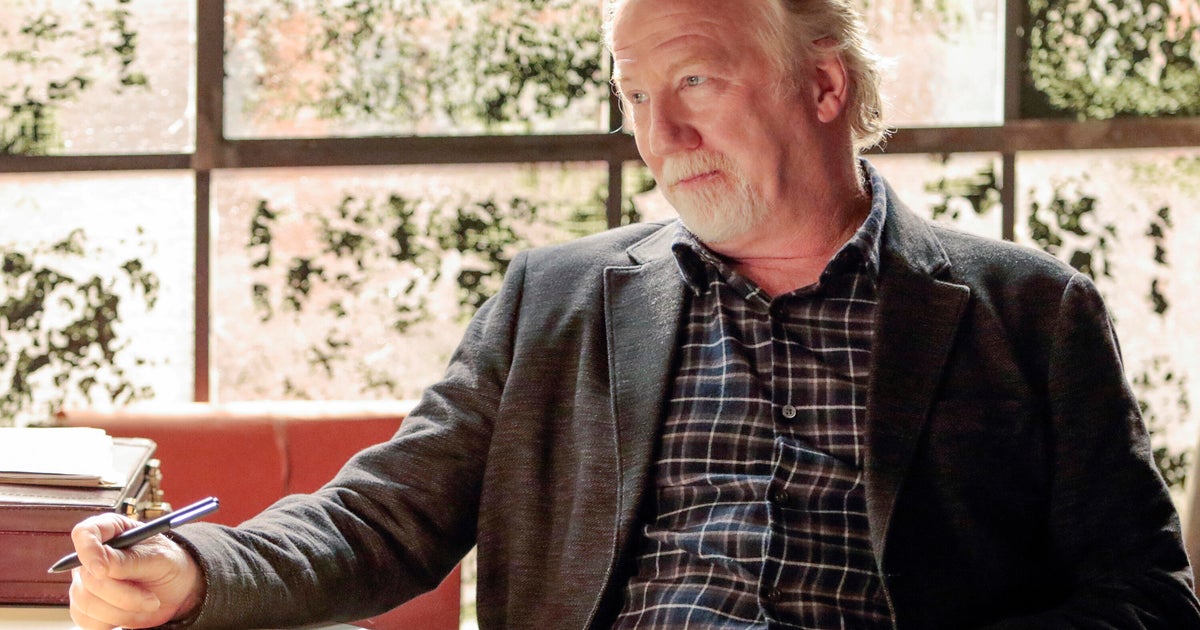Movie Review: 'The Tree of Life'
By Bill Wine
KYW Newsradio 1060
Can a movie be simultaneously deep and off the deep end?
Apparently so. Here's exhibit A.
Writer-director Terence Malick is famous for his reclusiveness, for his imagery, and for taking his time with his undeniably impressive lineup of films (Badlands, Days of Heaven, The Thin Red Line, The New World). His work is always technically impressive, but he's not a born storyteller: his films seem made for himself rather than an audience.
![]() The Tree of Life, his long-awaited fifth film in nearly 40 years, is an impressionistic story about the O'Briens of Waco, Texas (where Malick was born), in the 1950s, tracing in its stubbornly idiosyncratic way the life journey of the eldest son, Jack, played by Hunter McCracken as an innocent boy and Sean Penn as Jack as a troubled and disillusioned adult.
The Tree of Life, his long-awaited fifth film in nearly 40 years, is an impressionistic story about the O'Briens of Waco, Texas (where Malick was born), in the 1950s, tracing in its stubbornly idiosyncratic way the life journey of the eldest son, Jack, played by Hunter McCracken as an innocent boy and Sean Penn as Jack as a troubled and disillusioned adult.
But it's also a contemplation of the infinite, an investigation of the inexplicable, and the posing of the unanswerable question, "If the birth of a child is a miracle, what then is the death of a child?"
Brad Pitt, also a producer, plays the loving but authoritative, stern, and angry father of three sons, generally frustrated and not always in control of his temper, obsessed with his children having control over their destinies.
Newcomer Jessica Chastain plays his quiet homemaker wife, a selfless, compassionate, and nurturing mother to her boys who steps in when her husband goes too far.
The "plot" is the family's response to a devastating tragedy.
But Malick alternates the drama with scenes of grown-up Jack, now an architect, questioning the meaning of life and the value of faith many years later, and also includes scenes that attempt to capture creation and pre-human history with computer-generated images and sounds that suggest the formation of the universe. There's even a visual-effects sequence displaying prehistoric creatures, dinosaurs, roaming about.
(You read that right.)
That's when you recall that at one point Mrs. O'Brien points to the sky and says to her sons, "That's where God lives." Malick is after very big game indeed.
Now, no one is questioning the level of ambition or the demonstration of cinematic artistry on display. Many of the images are arresting, even captivating. But the spillover into what certainly looks like pretentiousness is impossible to ignore.
Suddenly the ending of 2001: A Space Odyssey doesn't seem so incomprehensible.
Even though there are powerful passages throughout A Tree of Life, and several performances that persuade us, too often we feel that we're serving as witnesses to a sweeping visual poem rather than getting and staying involved in a motion-picture drama.
Pitt gives a terrific performance -- one of his best -- and Chastain makes a vivid impression. But Penn is wasted, or at least underemployed, in the film's most head-scratchingly obtuse section.
The feeling persists that the central story of the family and what they have to deal with would have been worthy of a feature-length narrative exploration, and might have made for a much more satisfying theatrical experience, without the splendiferous metaphorical images interrupting the narrative flow.
So, ultimately, is the film enlightening or esoteric? Inspiring or infuriating? Bold or bonkers? You decide.
As for us, we'll create 2½ stars out of 4 for a major movie meditation from auteur Terence Malick. Alternately mesmerizing and self-indulgent, The Tree of Life has some branches that makes us want to climb and others that make us want to pack a trunk and be gone.







